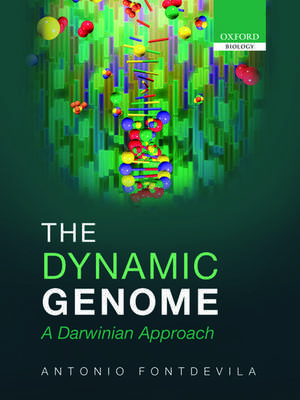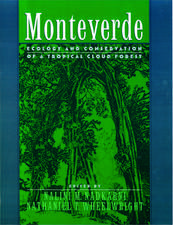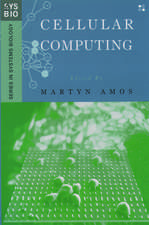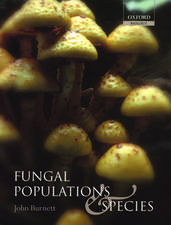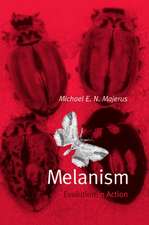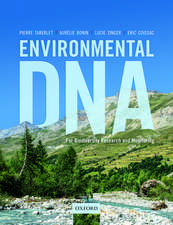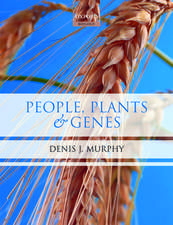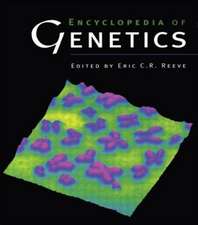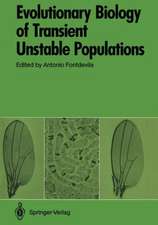The Dynamic Genome: A Darwinian Approach
Autor Antonio Fontdevilaen Limba Engleză Hardback – 2 iun 2011
Preț: 703.90 lei
Preț vechi: 1008.85 lei
-30% Nou
Puncte Express: 1056
Preț estimativ în valută:
134.71€ • 140.12$ • 111.21£
134.71€ • 140.12$ • 111.21£
Carte tipărită la comandă
Livrare economică 04-10 aprilie
Preluare comenzi: 021 569.72.76
Specificații
ISBN-13: 9780199541379
ISBN-10: 019954137X
Pagini: 234
Ilustrații: 80 black and white illustrations plus an 8 page colour plate section
Dimensiuni: 186 x 251 x 18 mm
Greutate: 0.7 kg
Ediția:New.
Editura: OUP OXFORD
Colecția OUP Oxford
Locul publicării:Oxford, United Kingdom
ISBN-10: 019954137X
Pagini: 234
Ilustrații: 80 black and white illustrations plus an 8 page colour plate section
Dimensiuni: 186 x 251 x 18 mm
Greutate: 0.7 kg
Ediția:New.
Editura: OUP OXFORD
Colecția OUP Oxford
Locul publicării:Oxford, United Kingdom
Recenzii
The author presents a compelling forum of ideas and long-standing debates on whether the genome is principally evolving adaptively or neutrally; gradually or through large leaps; and whether species boundaries are distinct or porous.
Notă biografică
Antonio Fontdevila was born in Barcelona, Spain. After completing a postdoc at the University of California, Davis, he returned to Spain where he was a Professor of Genetics at the University of Santiago de Compostela (1973-1980) and then at the Universitat Autònoma de Barcelona (1980-2008), where he remains as an active Emeritus Professor. During this time he was Chairman of his department (1988-90), supervised 16 PhD theses, was Visiting Professor at more than 20 universities and invited speaker more than 35 times in 10 different countries. He has written 120 peer reviewed papers, edited one book, and co-authored two text books, as well as serving on several journal editorial boards, steering committees, and society councils. His research interests include the measurement of fitness in natural populations; ecological and evolutionary genetics of colonisation; molecular evolution and population genetics of transposable elements; and the evolution of reproductive isolation.
